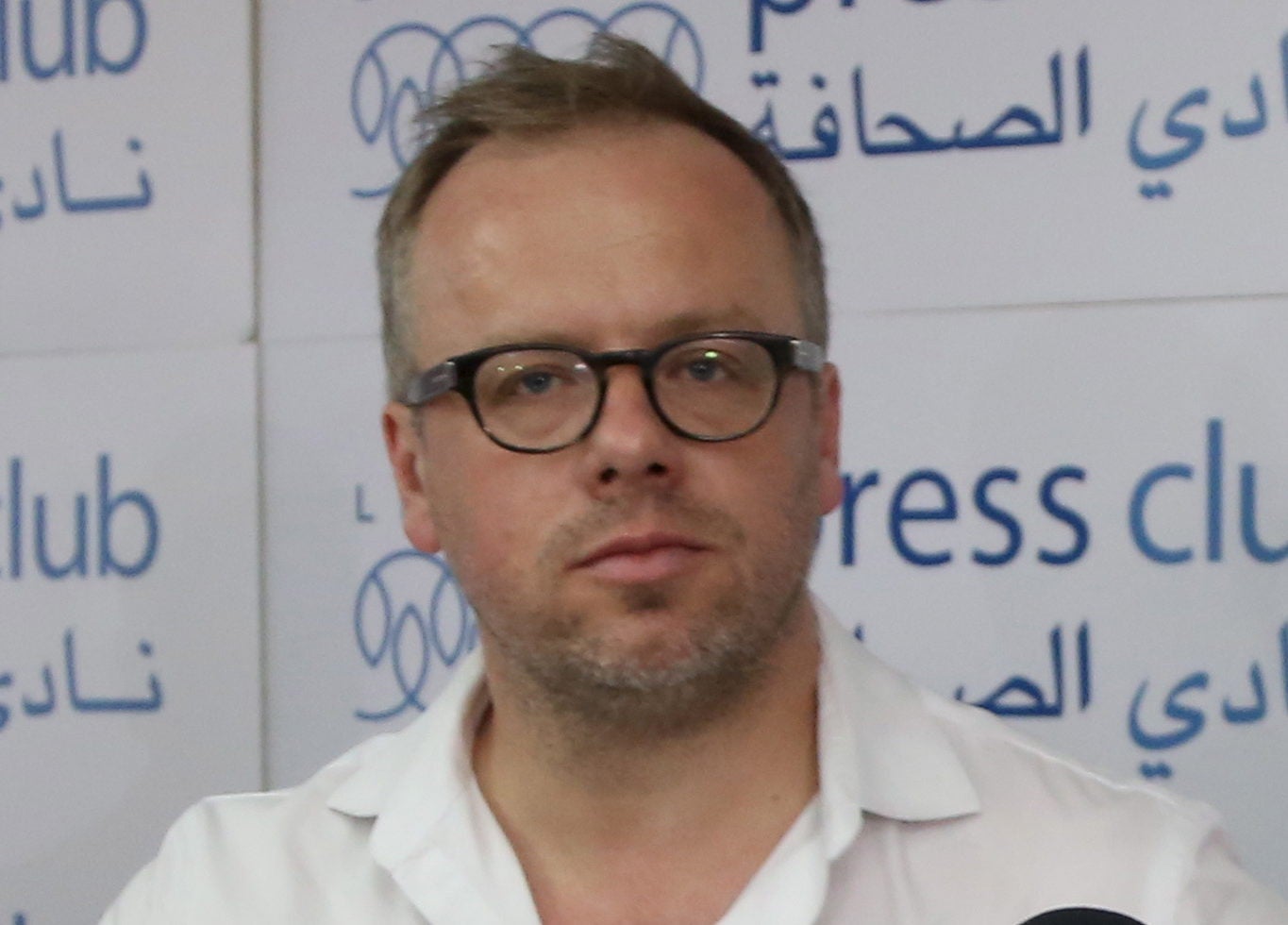
The world is becoming a darker place, according to the director general of Reporters Without Borders (RSF).
Christophe Deloire spoke to Press Gazette as the freedom of speech group published its 15th World Press Freedom Index.
The project maps 180 countries around the world, colouring those with the best records on press freedom white and shading them progressively darker. Those at the bottom of the table, such as China and North Korea, are coloured black.
He told Press Gazette: “Unfortunately the World Press Freedom Map has been getting darker. A lot of countries that were yellow are now red, and a lot of former red countries are now black.
“In 60 per cent of countries press freedom is worse this year than the previous year.”
He says the advent of political strongmen, such as Trump and Erdogan, was one factor noting that such figures “want to exert bigger control over misinformation”.
He added: “They run wars of information in their own countries and in other countries.”
Threats to freedom of expression in the UK including the Investigatory Powers Act, Section 40 of the Crime and Courts Act and the Espionage Act saw the UK slip two places to 40th in the table.
Deloire said: “Usually European countries are the best countries with regard to press freedom. We are really worried about what’s happening in the UK with regards to laws and restrictions which restrict the capacity of journalists to work without being under surveillance.”
Turkey remains a major concern for RSF as it fell four places to 155 in the list. Deloire said: “It used to be a democracy with plurality of the media, that can’t be said any more with 150 journalists in jail and 200 media outlets closed down by the government”
The group is also concerned about Poland, which has dropped seven places to 54 after the Government took control of TV and radio stations.
The Press Freedom Index has a full-time staff and is based on a questionnaire sent out to a journalists, academics and others around the world.
Its release prompted headlines in the UK and around the world this week. But Deloire says it is more than a PR exercise.
He said: “It has become one of the most efficient advocacy tools regarding press freedom in the world.
“We get a lot of reaction from politicians. Erdogan in Turkey said we are accomplices of terrorists because he doesn’t accept what we said about his country.
“There are a lot countries who contact us and say ‘what can we do to be better ranked in the World Press Freedom Index?’. They know that the UN, the World Bank and other organisations use it as a tool.
“It is a way to exert pressure on governments so they have an incentive to improve press freedom.”
At the bottom of the world press freedom league Eritrea shifted up one place to make North Korea the country with the least freedom for journalism.
Deloire said the situation in the country was so grim that “if you try to listen to a foreign radio station you will be put in a concentration camp and no journalists are allowed to work independently”.
This piece was produced in association with Reporters Without Borders which is a sponsor of the British Journalism Awards.
Picture: Reuters/Aziz Taher
Email pged@pressgazette.co.uk to point out mistakes, provide story tips or send in a letter for publication on our "Letters Page" blog
